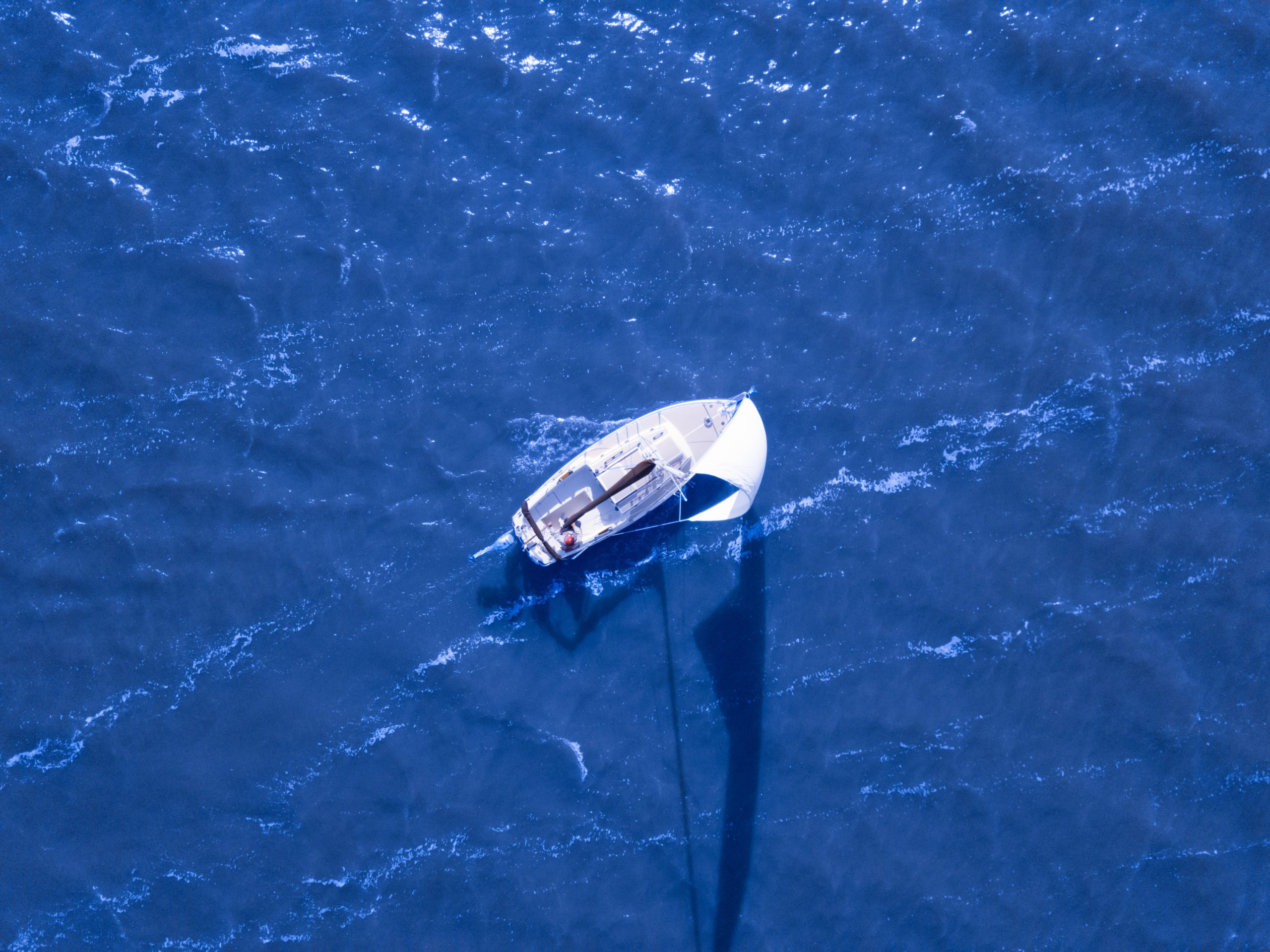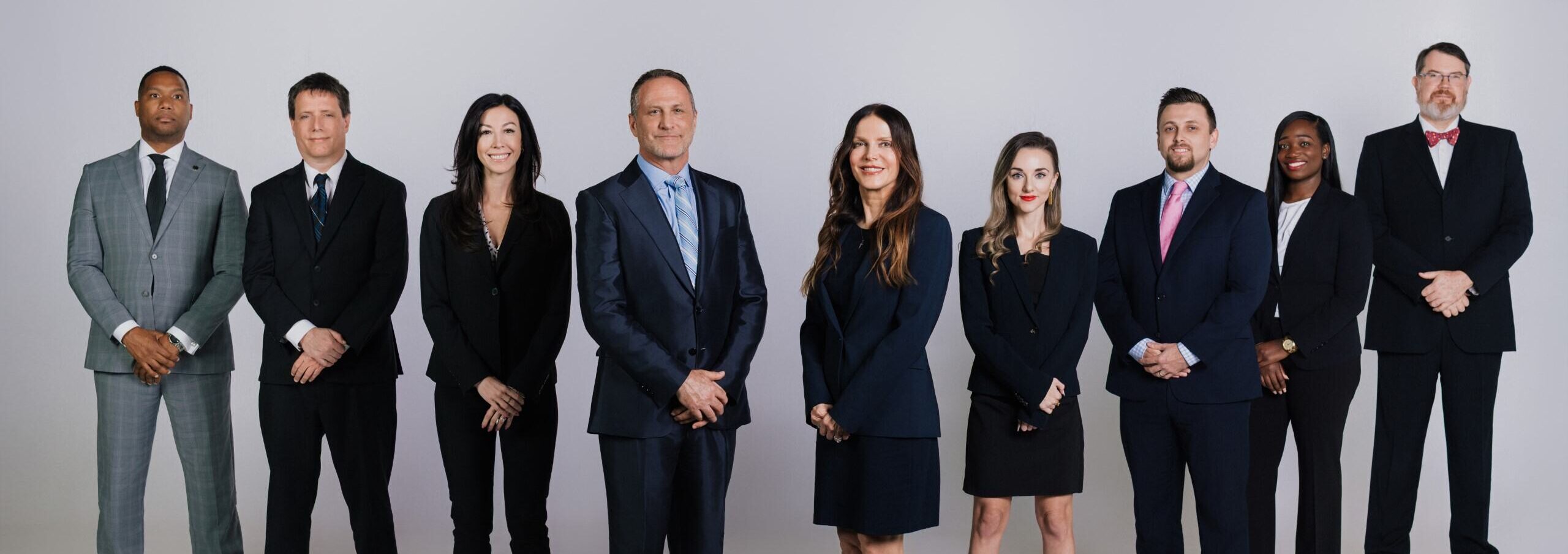
All About Boat Accidents and How They Compare to Car Accidents
At nearly 1 million registered boats, it’s no surprise that the Sunshine State has the most registered boats in the United States. With no shortage of pristine waterways to explore, riding a boat is a favorite outdoor activity throughout Florida. Boat ownership is a rewarding experience, but it’s not without risk. Just like owning a car, getting into a boating accident can set you back physically, emotionally, and financially.
Hundreds of people die from boating accidents each year. In 2017, the U.S. Coast Guard tallied 4,291 recreational boating accidents. More than 650 people died as a result. No one can adequately prepare for the devastation that typically follows such disasters, but they can take measures to reduce the long-term impacts. Anyone who suffered severe injuries in a boating accident is urged to seek legal representation to find out if they could have a case and make the most out of their boat accident claim.
What You Should Know About Boat Accidents in Florida
Whether you operate, own, or ride a sailboat, fishing boat, airboat, river cruise, or even a kayak, you could be involved in a crash that results in you or someone else getting hurt. When the situation occurs, who is responsible? How do boat accidents happen, and what kinds of injuries do they cause? Are they more challenging to resolve than car accidents? Here’s what you need to know about boat accidents should you ever find yourself involved in one.
Common Types of Accidents that Can Occur on Boats
Like car accidents, boating accidents can manifest in several ways. A common misconception is that they tend to happen in rough waters or when visibility is poor (or when giant sharks attack). In reality, these types of collisions often happen during the day, on inland waters, in optimal boating conditions. This is because most people who ride boats do so on sunny days with light winds. Boating on cloudy, foggy, or windy days serves to increase the risk of mishaps, so people tend to avoid getting out on the water.
Some of the most dangerous types of accidents on a vessel are:
- Crashing into other boats: Most boating accident deaths and injuries come from crashing into other boats.
- Crashing into fixed objects: Boaters who collide with buoys, rocks, jetties, and other rigid objects can cause extensive damage to their vessels and passengers.
- Swamping and flooding your boat. Large waves can deposit an enormous volume of water onto a boat from the side. The wake from a larger boat can also swamp small vessels. The flooding that ensues can lead to expensive repairs.
- Grounding your boat. Grounding happens when the boat scrapes against a reef, rock, or pilings. The hull damage can flood and ultimately sink the boat.
- Falling off your boat. Rough waters, varying speeds, and other conditions can cause unexpected instability on a boat’s deck, which can cause people to fall overboard.
How Do Boat Accidents Happen?
As with car accidents on land, boat accidents often occur because of a person’s inattentiveness. Operator inattention is the top cause of boating accidents. When the helmsman of a boat participates in distracting activities like talking on a cell phone, texting, or otherwise, they can miss upcoming hazards.
There are many other causes of boat accidents, most of which involve human negligence.
-
- Lack of boating experience. Inexperienced operators may have not yet refined their abilities to detect potential hazards. Those who operate boats without licenses and who have little experience doing so are a top cause of boat accident deaths and injuries.
- Defective parts. When equipment fails, it is not immediately the fault of anyone on board. Yet, that doesn’t mean there isn’t anyone to hold liable when equipment failure ultimately causes a crash that leads to an injury or death. Propellers, lights, steering, and even motors can malfunction at the worst possible time. It may be possible to hold manufacturers accountable for installing defective products on your boat.
- Speeding. Speeding can cause operators to need to make sharp turns or attempts to stop instantly, often resulting in passengers falling to the floor or overboard.
- Boating under the Influence. An intoxicated helmsman is not fit to operate a boat, but many times this occurs when people who own and operate their own boats go out for a relaxing ride with alcohol on board. This could lead to consequences that resemble those of driving under the influence, including injury accidents and criminal penalties.
- Violating navigation rules. Drivers who violate the rules of the road endanger everyone around them. The same applies to boaters who violate the rules of navigation. Boat operators must know the right time to yield to other boats, how to get around others, and more.
What Kinds of Injuries Could I Suffer in a Boat Crash?
Physical trauma resulting from boat accidents resembles trauma resulting from a vehicle crash with one exception: drowning. Boat accident drowning is extremely common, as 75% of people killed from these accidents die from drowning. Those who fall overboard are most likely to drown. Over 80% of the time, those who drown were not wearing life jackets. Boat crashes can also lead to catastrophic injuries, which may require years of medical care.
Injuries from boating accidents may include:
- Deep cuts
- Head trauma/TBI
- Amputations
- Internal injuries
- Spinal cord injuries
- Bumps and bruises from slip-and-fall injuries
- Fractured bones
- Carbon monoxide poisoning
Filing a Boating Accident Claim vs. a Car Accident Claim
The process of filing a boat accident claim is strikingly similar to filing a claim for a car accident. You will need to prove your injuries occurred as a result of a boating accident that was caused by another’s negligence.
State and federal maritime laws may cover your specific type of accident. Maritime law covers boating accidents that take place on the sea or in port. You may bring any boating injury case to your local court, but working with a personal injury lawyer can help guide you on the best course of action. With a boating accident lawyer on your side, you can make the most of taking your claim to court and increase your chances of winning the compensation you deserve.
Unfortunately, in an injury accident case, the injured party carries the burden of proof. You may have to prove the following before you can receive any financial compensation for injuries suffered while boating:
- The boat owner and operator owed you a duty of care
- The boat operator acted negligently
- The operator’s negligence caused the accident
- The accident caused your injuries
There are several records you will need to pore over to develop a strong argument that shows you are entitled to restitution. A team of attorneys who have won many successful boat accident claims working on your case can mean the difference between having your case ignored and receiving a fair settlement that will cover your medical bills and other losses.
How Can I Seek Compensation for a Boat Crash Near Orlando?
Personal injury accident claims can be complex and involve several steps that may be too much to take on when you are recovering from a severe injury. If this is your first injury resulting from a boat crash, you can trust experienced attorneys with The Umansky Law Firm to help you navigate the claims process so you can focus on healing.
At The Umansky Law Firm, we’ll investigate all the facts of your accident to present the most powerful case we can against the entity that caused your suffering. We have recovered millions of dollars for our clients in Orlando and surrounding areas. Our goal is to help you win the compensation necessary to cover all losses you experienced, from medical bills to lost wages, pain and suffering, and more. Contact our firm at any time of day or night to discuss your case with a Orlando auto accident lawyer today. Call or complete our contact form.



